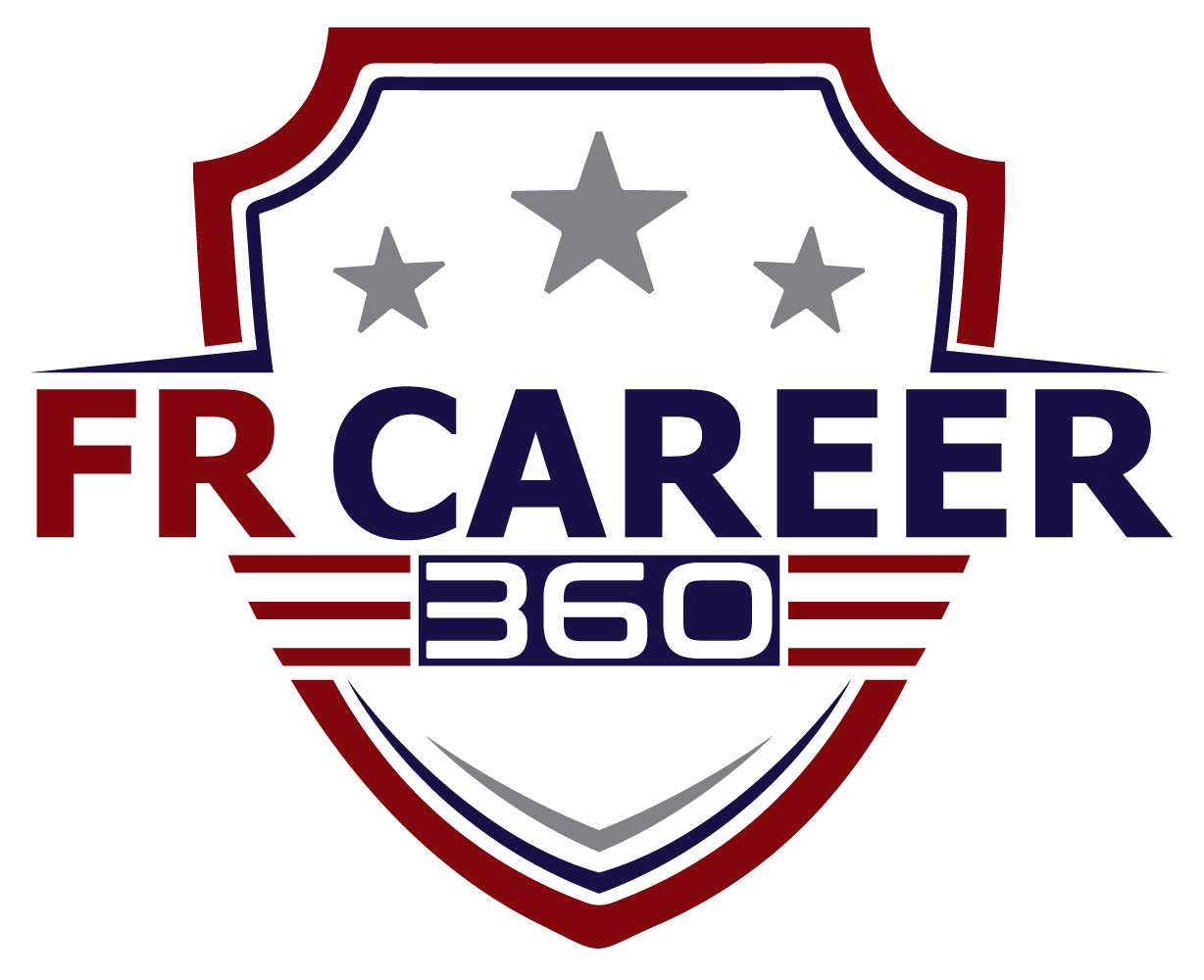
- Know yourself.
- What are your values, strengths, weaknesses, your goals in life, plans to be successful, etc.?
- What you want to communicate in your interview, what are your strengths and accomplishments that make you best suited for the position?
- How will you fit in and become an asset to the department/organization.
- Express confidence appropriately (not cocky/conceded).
- Answer the question.
- Understand what they are asking and answer the question in full.
- Use proper terminology (communicates your knowledge and experience of the career).
- Bridge your answer with examples (provide validity to your answer).
- Communicate clearly how will this benefit the department/organization.
- Understand the games that can be played.
- You are being evaluated from the second they see you (what you’re wearing, style of hair, facial hair, jewelry, how you carry yourself, words you use, etc.).
- Positioning of your chair in the room (chair too close or far away from interview panel) communicates confidence or weakness.
- How you scan and speak to the whole panel during an interview.
- What words you choose to use and how you use them.
- Portraying a confident, humble, and professional person.
- Not fidgeting, playing with objects, legs bouncing, etc.
- Communicating you are the best candidate without putting down others.
- Speaking clearly, good voice fluctuation, emphasizing important words or points clearly with humility.
- Appropriate pauses and avoid saying “um” or “like”.
- They should want you to join their team/family.
- Remember, you are interviewing to find your new team/family and conversely, they’re confirming they want you to join theirs.
- Do they feel confident you can do the job to their standard, represent their department/organization well, and that you will keep them and the people they serve, safe?
- Are you someone they can trust (carry on their traditions, deliver the best service, will be there for them if they need you both on and off duty).
- Evaluation of fit is important as you are going to be living with them for 24 hours or more at a time, spending time off duty with them and their families, involved in the community, etc.
Ultimately, you need to look and act the part of a professional Firefighter that they would want to respond on their family member.

